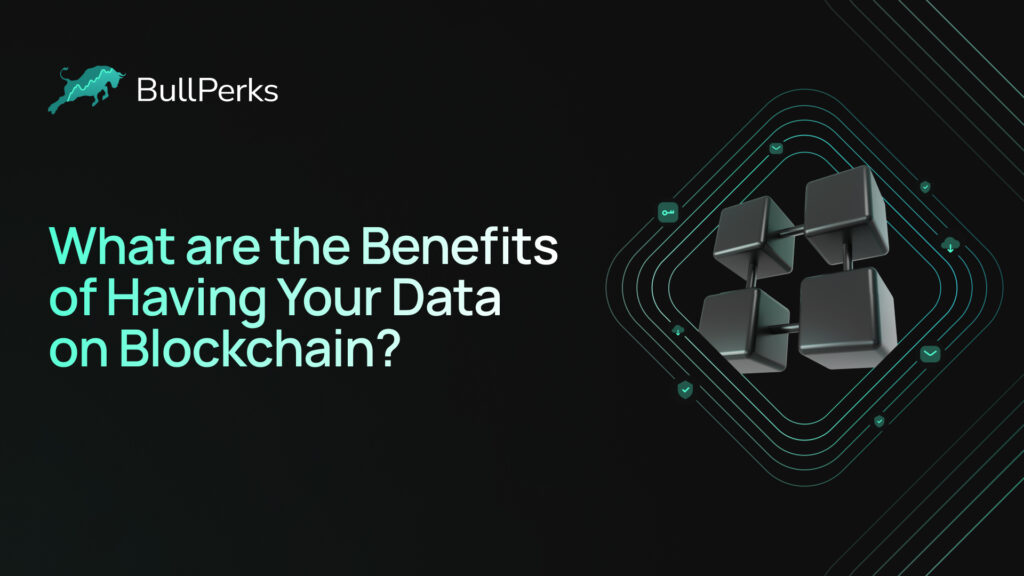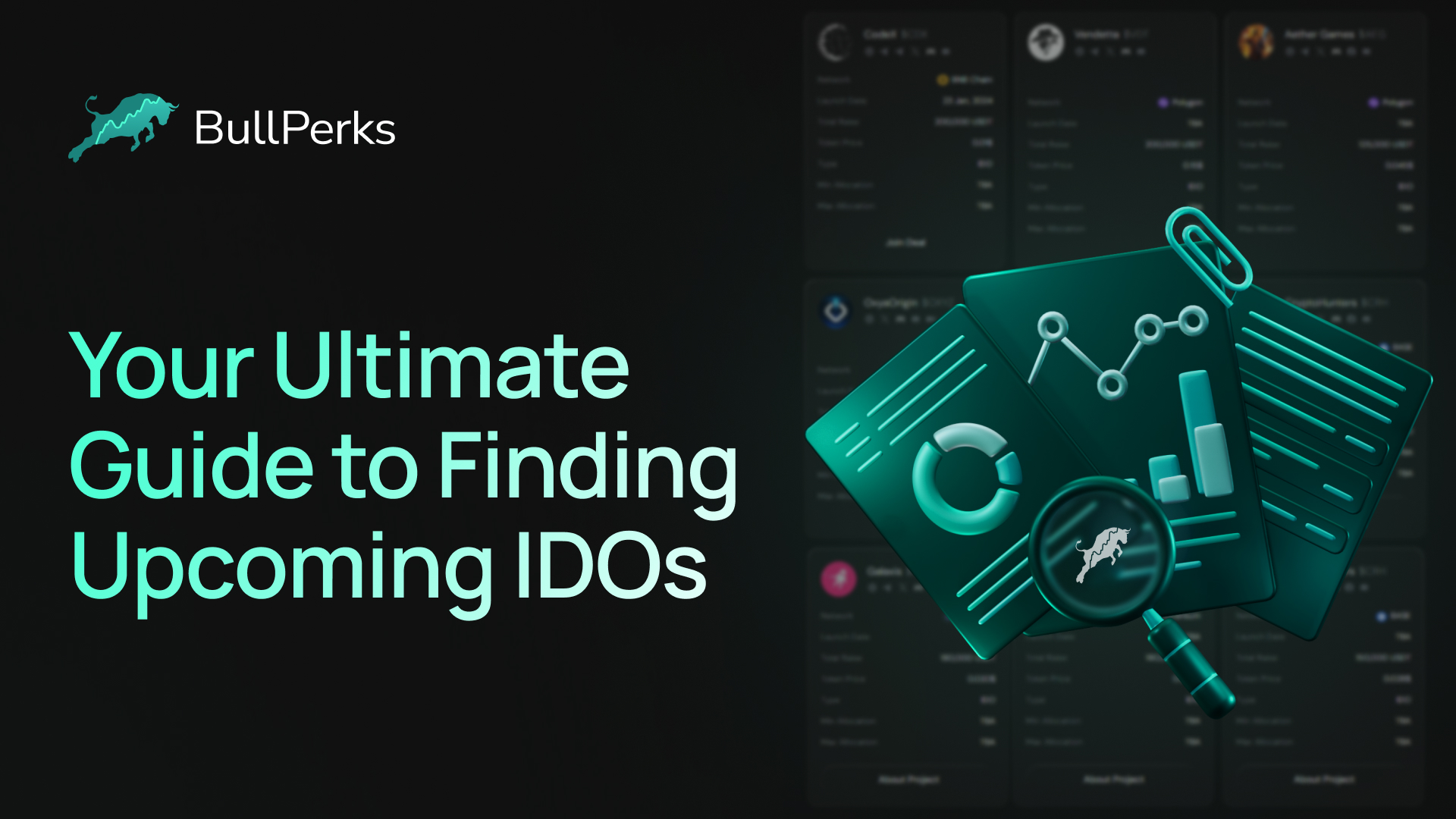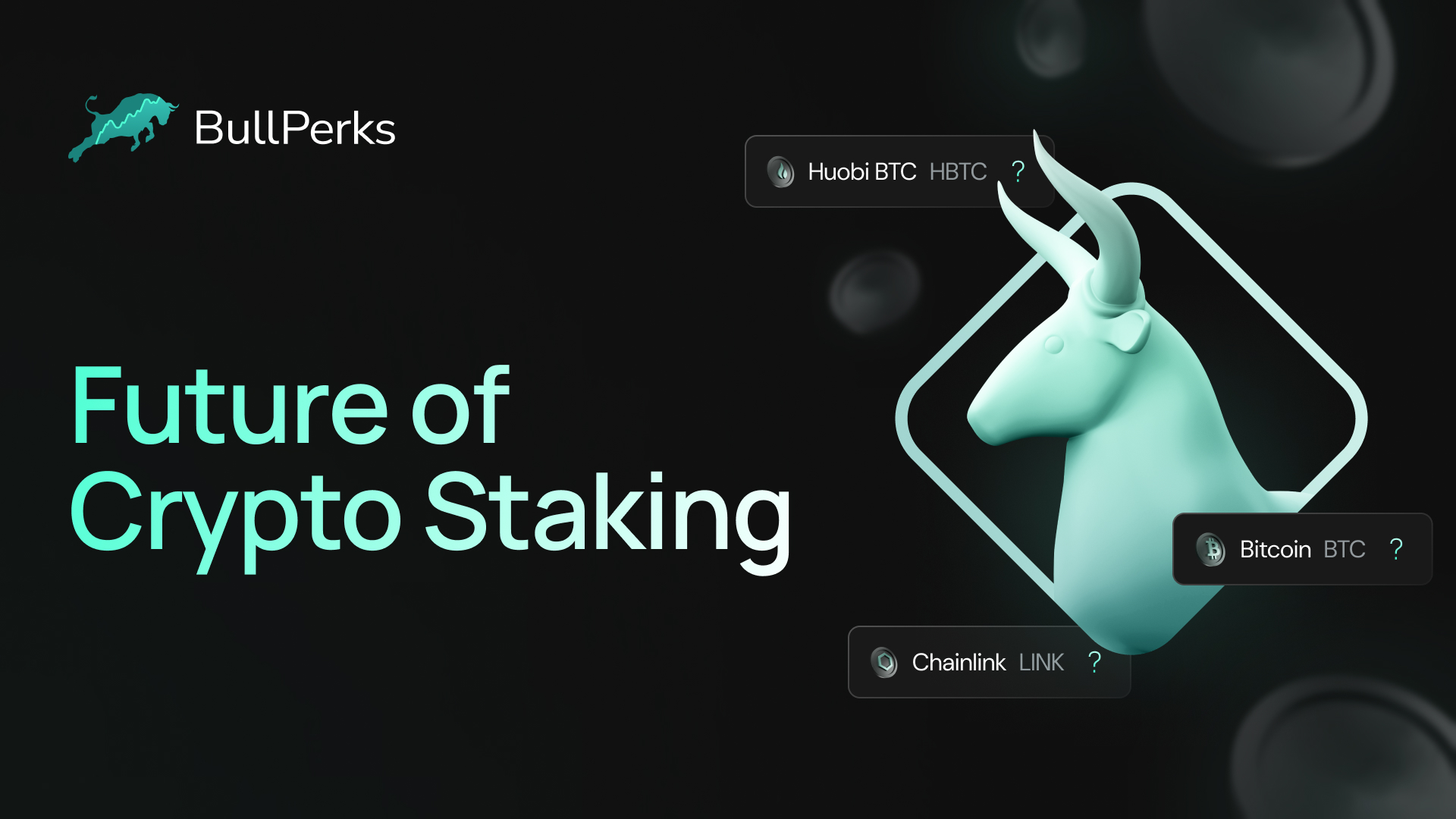
Blockchain is a wonderful technology not only for using cryptocurrency but also for keeping information due to its transparency and impossibility to modify or delete information. More information about the benefits of keeping data on a blockchain is in the article.
Enhanced Security: Exploring the Impenetrable Nature of Blockchain for Data Protection
The increasing digitization of data has brought numerous benefits to individuals and organizations alike. However, it has also raised concerns regarding data security and the protection of sensitive information. In this era of growing cyber threats, the need for robust data protection mechanisms has become paramount. This is where blockchain technology comes into play.
Blockchain, originally designed as the foundation of cryptocurrencies like Bitcoin, has emerged as a promising solution for enhancing data security. Unlike traditional centralized systems, where data is stored in a single location, blockchain operates on a decentralized network of computers called nodes. Each node maintains a copy of the entire blockchain, making it nearly impossible for hackers to breach the system.
Data stored on the blockchain is encrypted, ensuring that only authorized parties can access and view it. This impenetrable nature of blockchain makes it an ideal tool for securing sensitive data, such as financial transactions, medical records, and personal information.
Transparent and Immutable: How Blockchain Ensures Data Integrity and Auditability
Data integrity and auditability are crucial components of any robust data management system. With the increasing prevalence of data breaches and cyberattacks, organizations are under immense pressure to secure their data and ensure its accuracy and transparency. This is where blockchain technology comes into play as a game-changer.
Blockchain, often associated with cryptocurrencies like Bitcoin, is a decentralized and distributed ledger system that offers enhanced security and immutability. Each data transaction recorded on the blockchain is time-stamped and cryptographically sealed, making it virtually impossible to alter or manipulate. This transparent nature of blockchain ensures the integrity of data, as every transaction can be verified and audited by all participants in real time without the need for a central authority or intermediary.
Unlike traditional data management systems where data is stored in centralized databases, blockchain operates on a distributed network of computers, known as nodes.
Decentralization: Unlocking the Power of Distributed Data Storage on the Blockchain
Decentralization is one of the key advantages offered by blockchain technology when it comes to data storage. Unlike traditional centralized systems where data is stored in a single location, blockchain distributes data across multiple nodes, ensuring that it is not dependent on a single point of failure. This distributed nature of blockchain makes it highly resilient to attacks and reduces the risk of data loss.
With decentralized data storage on the blockchain, each node in the network maintains a copy of the entire data ledger. This not only enhances security but also ensures data integrity and auditability. Any unauthorized changes to the data are immediately detected and rejected by the network, making it virtually impossible to tamper with or manipulate the stored information.
Furthermore, the transparency of the blockchain allows for easy auditing and verification of data, making it highly valuable for industries where data integrity is crucial, such as finance, healthcare, and supply chain management.
In addition to its security benefits, decentralized data storage on the blockchain also offers significant scalability and efficiency advantages. Unlike centralized databases that can become overloaded with increasing data volumes, blockchain networks can easily scale by adding more nodes to the network.
This ensures that the system can handle a large volume of data without compromising its performance. Moreover, the distributed nature of blockchain eliminates the need for intermediaries, reducing costs and streamlining data management processes. By leveraging the power of decentralized data storage, companies can improve their data management capabilities while reducing operational costs.
Efficiency and Cost-effectiveness: Streamlining Data Management Processes with Blockchain Technology
The use of blockchain technology has the potential to revolutionize data management processes by enhancing efficiency and reducing costs. With traditional data management systems, there is often a need for intermediaries to facilitate transactions and verify the integrity of data. These intermediaries not only add to the overall cost but also introduce delays in the process.
By leveraging blockchain, organizations can streamline data management processes by eliminating the need for intermediaries. Blockchain operates on a decentralized network where data is stored and verified by multiple participants, creating a transparent and immutable record. Additionally, the use of smart contracts on the blockchain allows for automated verification and execution of transactions, further reducing costs and improving efficiency.
Empowering Data Ownership: Understanding the Control Users Gain through Blockchain
Blockchain technology has revolutionized the way data ownership is perceived and managed. By leveraging the power of decentralized networks, blockchain allows users to have full control and ownership over their data like never before. Traditional systems often rely on centralized authorities to manage and store data, which can lead to concerns regarding privacy and security. With blockchain, however, individuals have the ability to retain ownership of their data and grant permission for its access to specific entities.
One of the key features of blockchain that empowers data ownership is its immutability. Once data is written onto a blockchain, it becomes nearly impossible to alter or tamper with it. This inherent property of blockchain provides users with the assurance that their data will remain intact and secure. Blockchain technology allows for the encryption of data, further enhancing the privacy and control users have over their information.
Furthermore, blockchain enables data ownership to be transparent and auditable. Every transaction and modification made to the data is recorded on the blockchain, creating a transparent trail of actions. This not only ensures accountability but also provides users with the ability to track and verify any changes made to their data.
By enabling users to have full visibility and control over their data, blockchain technology empowers individuals to make informed decisions about how their information is used and shared.
Eliminating Intermediaries: The Disruptive Potential of Blockchain in Data Sharing
Blockchain technology has the potential to revolutionize data sharing by eliminating the need for intermediaries. Traditionally, when two parties want to exchange information, they often rely on third-party intermediaries such as banks, brokers, or platforms. These intermediaries not only introduce unnecessary costs and delays but also pose security and privacy risks. However, with blockchain, data can be securely shared directly between participants without the need for intermediaries.
One of the key advantages of blockchain in data sharing is its ability to ensure trust and transparency. By using a decentralized network of computers to verify and record transactions, blockchain eliminates the need for a central authority to manage and validate data. Instead, all participants in the network have a copy of the blockchain ledger, which is updated in real time.
This means that every transaction or change made to the data is visible to all network participants, creating a transparent and immutable record of the data's history. As a result, the risk of fraud, tampering, or unauthorized access is significantly reduced, as any changes to the data would require the consensus and approval of the network.
Trust and Accountability: Leveraging Blockchain's Trustworthy Framework for Data Transactions
Blockchain technology has gained significant attention in recent years for its ability to provide trust and accountability in various industries, particularly when it comes to data transactions. By leveraging blockchain's trustworthy framework, organizations can ensure the integrity and security of their data, fostering transparency and accountability in the process.
Furthermore, the immutability of blockchain adds an extra layer of trust and accountability to data transactions. Once a record is added to the blockchain, it cannot be altered or deleted. This means that every transaction is permanently recorded and can be audited at any time, providing a transparent and auditable trail of data.
This feature is particularly valuable in industries where data integrity is crucial, such as finance, supply chain, or healthcare. With blockchain, organizations can confidently trace back the history of any data transaction, ensuring accountability and enhancing trust among stakeholders.
In conclusion, leveraging blockchain's trustworthy framework can revolutionize data transactions, providing trust and accountability in a decentralized and immutable manner. By eliminating intermediaries, fostering transparency, and ensuring the integrity of data, organizations can enhance their operations, build trust with their customers and stakeholders, and unlock the full potential of blockchain technology. As the adoption of blockchain continues to grow, the possibilities for trust and accountability in data transactions are boundless
Resilience and Disaster Recovery: Safeguarding Data from Loss or Corruption through Blockchain
As organizations continue to face the constant threat of data loss, the need for robust resilience and disaster recovery measures is paramount. Traditional data storage solutions often rely on centralized systems that are susceptible to single points of failure, making them vulnerable to security breaches or catastrophic events. However, the emergence of blockchain technology has offered a new approach to safeguarding data from such risks.
Blockchain, with its decentralized and distributed ledger system, provides an unparalleled level of resilience and disaster recovery capabilities. By utilizing its inherent structure, data stored on a blockchain network is duplicated and dispersed across multiple nodes. It eliminates the risk of a single point of failure. In the event of a natural disaster, cyber attack, or hardware failure, the decentralized nature of blockchain ensures that data remains accessible and intact.
This built-in redundancy not only enhances the security of data but also provides a robust disaster recovery mechanism.
Streamlined Compliance: Meeting Regulatory Requirements with Blockchain-based Data Solutions
Today, businesses face an increasing number of regulatory requirements that dictate how they should handle and secure sensitive data. Compliance with these regulations is not only essential for maintaining the trust of customers and stakeholders, but it is also necessary to avoid costly legal repercussions. Blockchain technology is emerging as a powerful solution to meet regulatory requirements and ensure data integrity and security.
By leveraging the decentralized and immutable nature of blockchain, organizations can implement robust data solutions that provide transparency, accountability, and auditability.
Blockchain's consensus mechanisms further enhance the security and reliability of the data, making it almost impossible for unauthorized modifications to occur.
Furthermore, blockchain-based data solutions streamline the compliance process by automating the verification and validation of data. With traditional systems, compliance audits can be time-consuming and resource-intensive. However, by leveraging blockchain technology, businesses can ensure that compliance requirements are met in real time, reducing the burden of manual checks and audits.
The decentralized nature of blockchain also eliminates the need for intermediaries, allowing organizations to directly interact with regulators and auditors. This direct interaction not only simplifies the compliance process but also reduces the risk of errors or misinterpretations that may occur when relying on third-party intermediaries.
Future Possibilities: Exploring the Potential Applications and Advancements of Blockchain in Data Management
The potential applications and advancements of blockchain in data management are vast, and promising to revolutionize how we store, process, and share information.
One area where blockchain holds immense promise is in the realm of supply chain management. With the use of blockchain technology, supply chains could become more transparent, reliable, and efficient. Consumers will be able to trace the entire journey of a product, from its origin to the store shelf, ensuring authenticity and ethical practices.
This level of transparency not only boosts consumer trust but also helps companies identify and eliminate inefficiencies, reduce fraud, and improve overall supply chain sustainability.
Another exciting possibility for blockchain in data management is its potential to transform the healthcare industry. With blockchain, patient data can be securely stored and shared across different healthcare providers, ensuring seamless continuity of care. Blockchain can enhance the accuracy, security, and privacy of medical records, reducing the risk of data breaches.
Furthermore, by leveraging blockchain's decentralized nature, researchers can access anonymized patient data for breakthrough medical discoveries while ensuring patient privacy. Overall, the adoption of blockchain in healthcare can lead to improved patient outcomes, cost savings, and greater trust in the healthcare system.
These are just a few examples of the potential applications and advancements that blockchain can bring to the field of data management. As the technology continues to evolve and mature, we can expect even more innovative use cases to emerge, transforming various industries and revolutionizing the way we handle and protect data.
With its decentralized, transparent, and secure framework, blockchain holds the promise of empowering individuals, organizations, and societies to take control of their data, ushering in a new era of trust, efficiency, and accountability
FAQ
What is blockchain technology?
Blockchain technology is a decentralized digital ledger that securely records and verifies transactions across multiple computers or nodes. It is known for its immutability, transparency, and enhanced security features.
How does blockchain ensure data integrity and auditability?
Blockchain ensures data integrity and auditability by creating a transparent and immutable record of transactions. Once data is recorded on the blockchain, it cannot be altered or tampered with, providing a reliable and trustworthy source of information.
How does blockchain decentralize data storage?
Blockchain decentralizes data storage by distributing copies of the blockchain ledger across multiple computers or nodes. This eliminates the need for a central authority or intermediary, ensuring that data is not controlled by a single entity and enhancing data security and availability.
How can blockchain streamline data management processes?
Blockchain technology can streamline data management processes by automating and digitizing data transactions. It eliminates the need for intermediaries, reduces manual processes, and provides a more efficient and cost-effective way to manage and share data.
How does blockchain empower data ownership?
Blockchain empowers data ownership by giving users control over their data. Through blockchain, individuals can securely manage and authorize access to their data, ensuring that they have ownership and control over their personal information
What is the disruptive potential of blockchain in data sharing?
Blockchain has the potential to disrupt data sharing by eliminating the need for intermediaries, such as data brokers or centralized platforms. It allows for direct peer-to-peer data transactions, enhancing privacy, and security, and reducing costs.
How does blockchain enhance trust and accountability in data transactions?
Blockchain enhances trust and accountability in data transactions by providing a trustworthy and transparent framework. It ensures that all transactions are recorded on the blockchain and cannot be altered, providing a verifiable and auditable history of data transactions.
How does blockchain safeguard data from loss or corruption?
Blockchain safeguards data from loss or corruption by distributing copies of the blockchain ledger across multiple computers or nodes. This redundancy ensures that even if one node fails or data is tampered with, the rest of the network can verify and recover the correct data.
How can blockchain help meet regulatory requirements for data management?
Blockchain can help meet regulatory requirements for data management by providing a transparent and auditable record of transactions. It enables organizations to demonstrate compliance with regulations by securely storing and tracking data transactions on the blockchain.
What are the potential future applications and advancements of blockchain in data management?
The potential future applications and advancements of blockchain in data management are vast. Some possibilities include supply chain management, healthcare records, identity verification, voting systems, and more. Blockchain has the potential to revolutionize how data is managed, shared, and secured in various industries.
Would you like to start investing in the most promising crypto projects? Learn how to invest with BullPerks, the fairest and most community-oriented decentralized VC and multichain launchpad!
Disclaimer. This material should not be construed as a basis for making investment decisions or as a recommendation to participate in investment transactions. Trading digital assets may involve significant risks and can result in the loss of invested capital. Therefore, you must ensure that you fully understand the risk involved, consider your level of experience, investment objectives, and seek independent financial advice if necessary.












